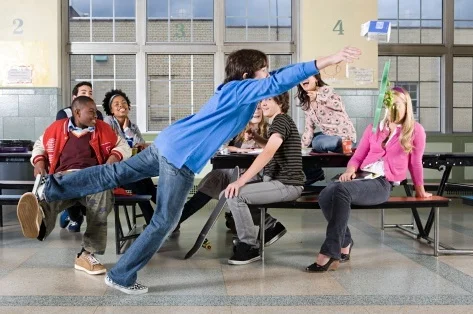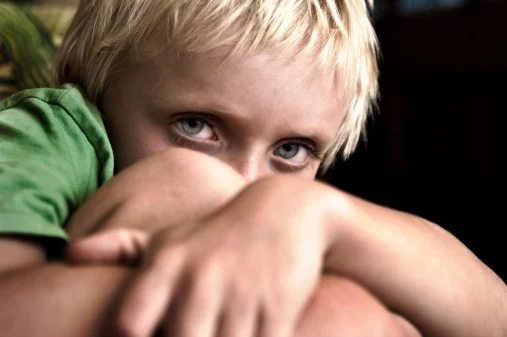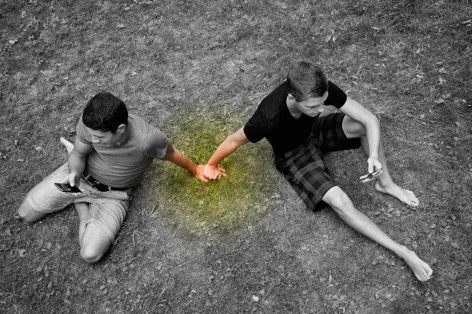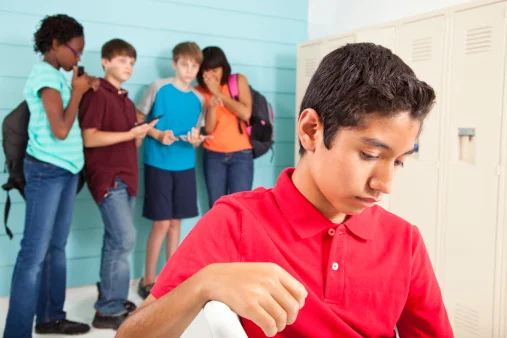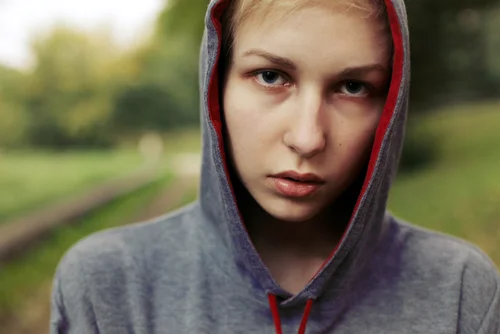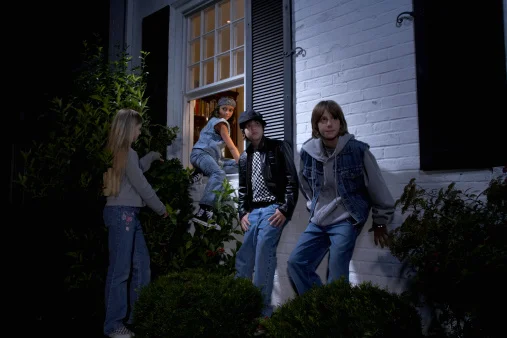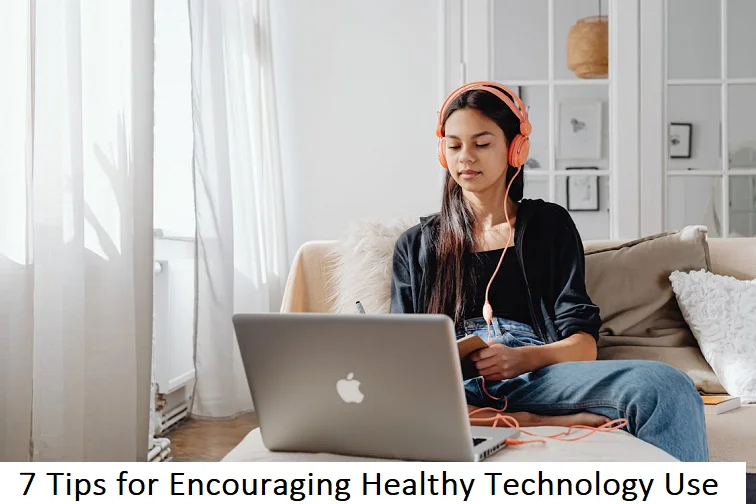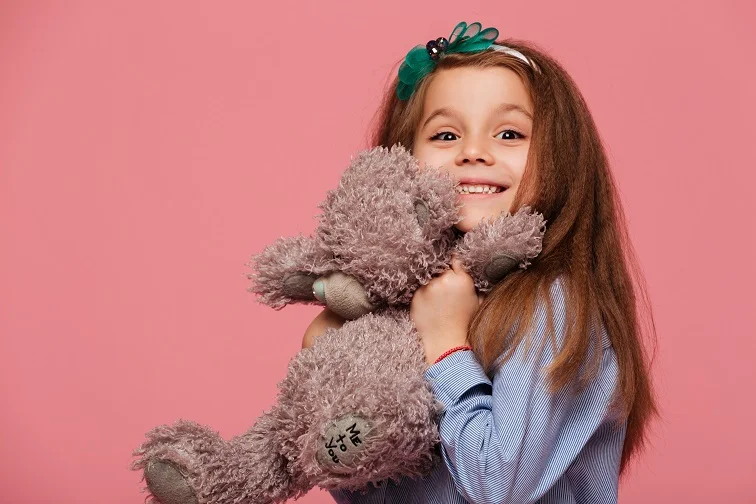+1 845 259 2974 (11 a.m to 7 p.m CST)
Relational bullying: Who to trust when a friend is your tormentor
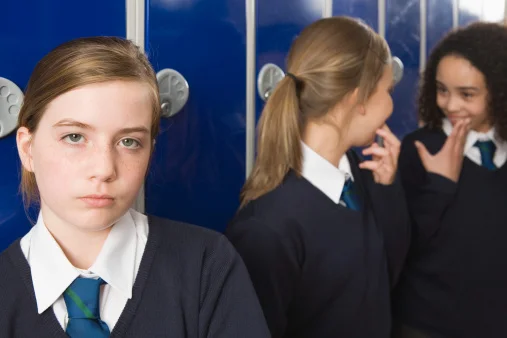
Regina George played by Rachel McAdams is the meanest of the ‘Mean Girls’, a 2004 blockbuster in which the recurring theme of relational bullying was the most evident. In the movie, Regina George, the leader of a pack of three was the particularly cruel and controlling towards her friends. Research suggests that teenagers often join groups based on who is included and excluded in it. It is but natural that young people try to establish identities that are rooted in their friends’ but the trouble begins when it becomes a sustained campaign to hurt someone who is not ‘in’ and bullying friends at school. It is hard for teens to mark off friends from bullies because their tendency to try to conform in the clique that they are a part of.
Why is it so hard to admit that your friends are your bullies?
Despite the hoards of bullying awareness campaigns, it is still hard to point a finger at your friend who has throwing jabs at you in school. Lynn Bravewomon, coordinator of the Hayward Unified School District's Safe and Inclusive Schools Program in California says relational bullying is a subtler phenomenon as compared to the insults and punches between kids who obviously don’t get along.
It can be between the smiles and laughs and the friendly shoves of friendship followed quickly by ‘just kidding’. It can look like casual teasing over class, race or how well they perform at academics or athletics. It can happen in the schoolyard, at social gatherings or the social media. Relational bullying leaves behind faint but deep scars.
Why is it more traumatic than traditional schoolyard bullying?
Teens find relational bullying way more alarming than traditional bullying between people who obviously don’t get along is because they consider it a breach of trust and that too by the people who you had counted on to be there for you through thick and thin. It can lead to the victim having trust issues later on in life similar to the after-effects of spousal or relationship abuse.
Bravewomon, who also teaches bully prevention strategies to educators and students says that it is especially painful facet. You are the target of jab and insults issuing from the mouths of friends, fueled by the silence of the victim and ignited by the encouragement of the bystanders.
How can parents join hands with their children to prevent/repair the damage from relational bullying?
One of the simplest answers to the question how to prevent bullying when your child’s friend is his tormentor is to help your teen establish more than one social circle. When your child is participating in multiple social circles the teen will automatically establish worth on more than a scholastic network. Model positive behavior to your child so it becomes easier for him or her to move between social circles. Talk to them about appropriate behaviors, the most important one of them being empathy. They are automatically going to deter relational bullying the moment they begin to feel and understand a person’s situation.
Talk to them about forgiveness. Forgiveness is a crucial component to break the cycle of relational bullying. Gossiping, stonewalling and taunting occur because someone has held a grudge against a friend. If your child learns to forgive, there will be a less chance of them getting hurt by victimization and less likely to find a reason to bully their friend.

